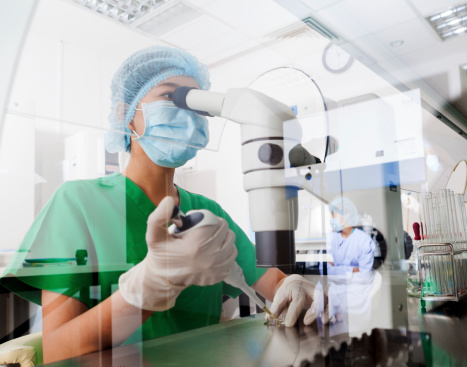 In a new study published in the journal Cancer Cell, researchers observe a different approach to cancer treatment. Instead of focusing on the genetic mutations behind various cancers, researchers are looking at the pathways that cancer cells use for energy.
In a new study published in the journal Cancer Cell, researchers observe a different approach to cancer treatment. Instead of focusing on the genetic mutations behind various cancers, researchers are looking at the pathways that cancer cells use for energy.
In the study, researchers at Saint Louis University, Missouri focused on two metabolic pathways that cancer cells prefer: The first pathway that the cancer cells use is the Warburg effect, which increases the use of glucose. The other pathway is lipogenesis, where the cancer cells make their own fats, so they can quickly grow.
In their findings, researchers discovered a small molecule called “SR9243” that specifically targeted these two pathways. This molecule, which started off as an anticholesterol drug, stopped cancer growth in tumor cells without leading to any harmful side effects. It suppressed glucose consumption and eliminated the cancer cells’ energy supply, without harming healthy tissue, or causing weight loss or liver damage.
SR9243 stopped the two “pathways” by turning down the genes that drove them. The cancer cells were denied their energy and died out as result.
Researchers noted that SR9243 can be effective if combined with existing chemotherapy drugs.
Source for Today’s Article:
Paddock, C., “New cancer treatment shows promise in lab trials,” Medical News Today web site, June 29, 2015; http://www.medicalnewstoday.com/articles/296024.php.
